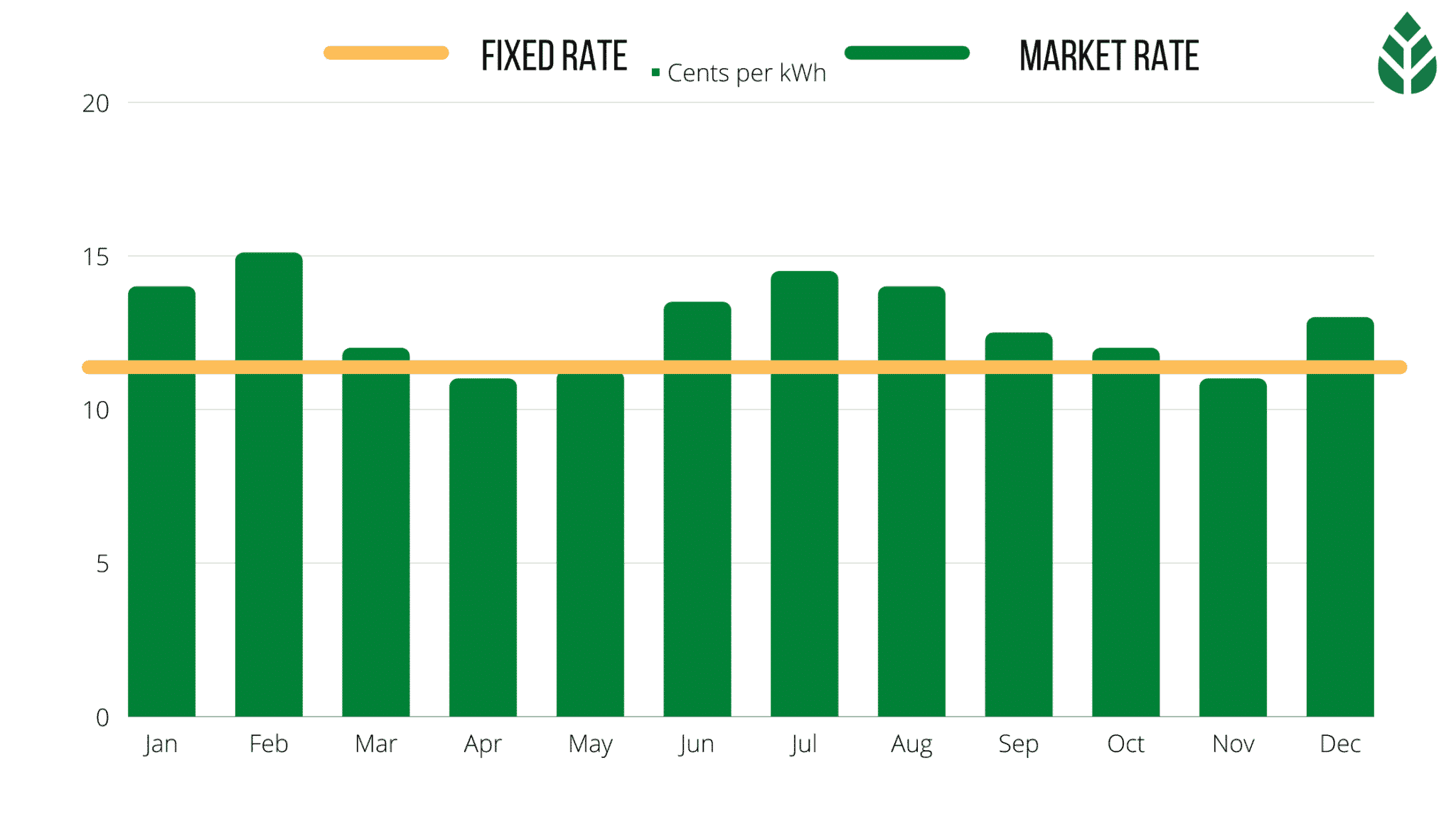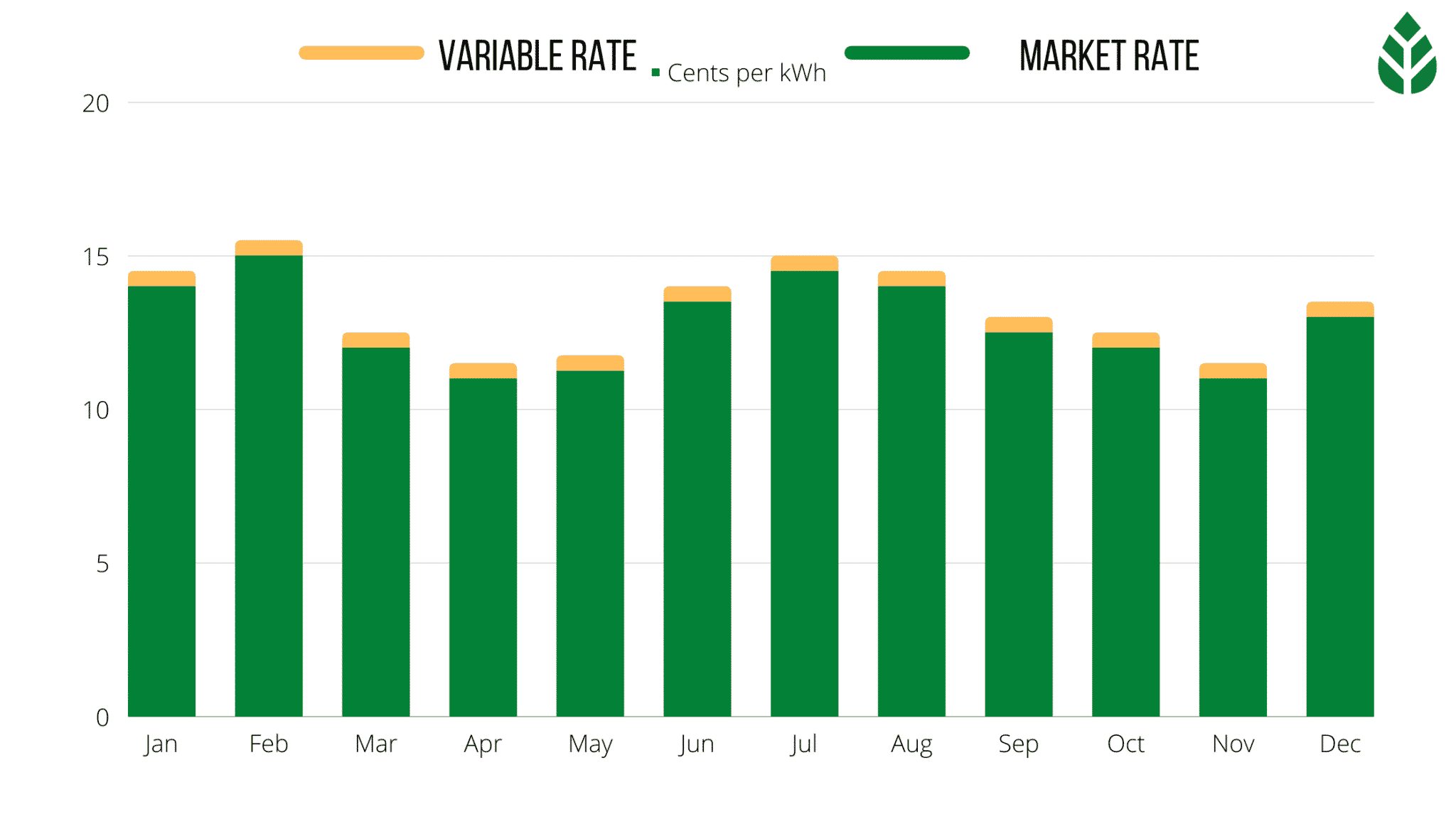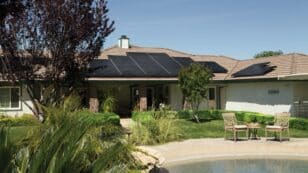
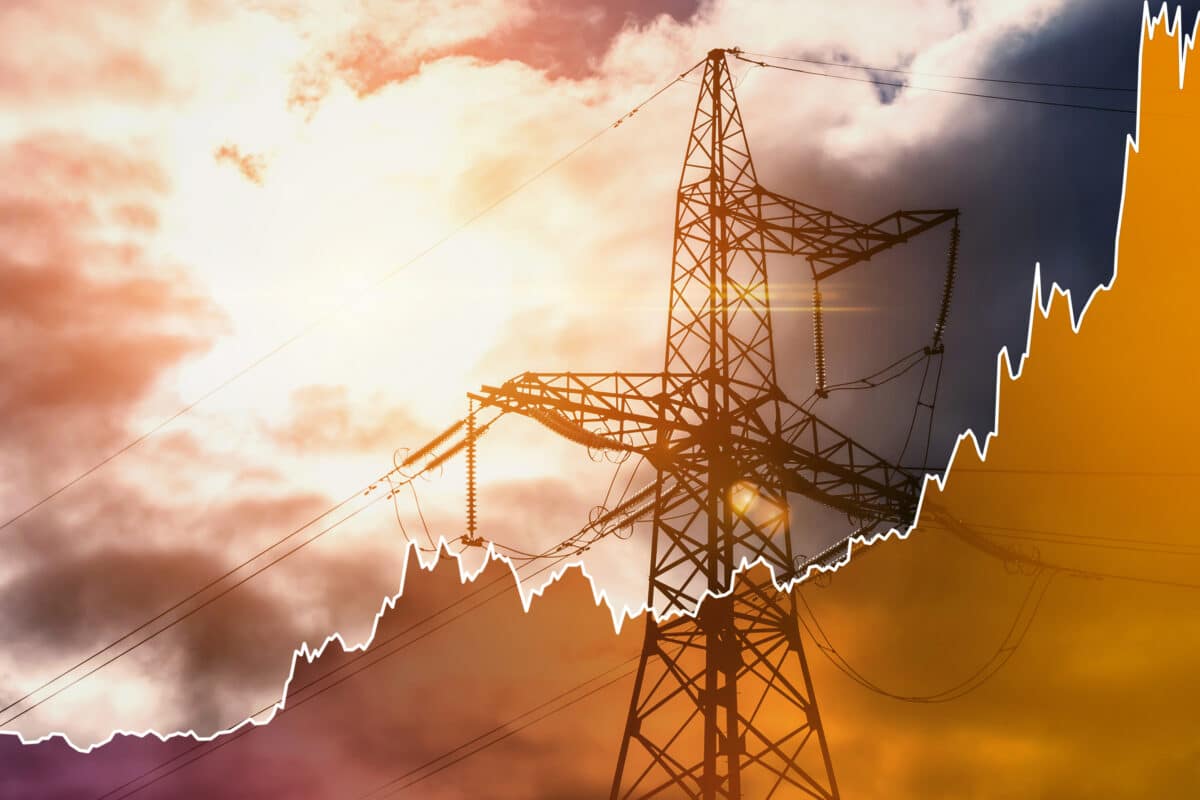
Compare Electricity Rates in Chicago (2024 Best Prices)
Here’s a quick overview of Chicago electricity rates:
- Current average retail rate of electricity: 14.73 cents per kilowatt-hour (kWh)1
- Current range of electricity prices in Chicago: 10.5 to 19.4 cents/kWh
- Average monthly electric bill: $94.60
- Average energy usage: 721 kWh
Each product and or company featured here has been independently selected by the writer. You can learn more about our review methodology here. If you make a purchase using the links included, we may earn commission.
Who Has the Best Energy Rates in Chicago?
NRG Home Power currently has the lowest energy prices in the Chicago area for a 100% renewable energy plan. The cost per kWh with NRG’s three-month plan is just 10.5 cents, compared to the average cost in Illinois of 14.73 cents and the national average of 14.47 cents. You can click below to see a variety of plans from top Chicago energy providers and find the best one for your purposes.
Chicago Energy Rates
Illinois is one of several states that have a deregulated energy market, which means you have a choice when it comes to energy suppliers. Energy deregulation introduces competition into the energy market, which drives down prices and leaves you with options for your electricity. The average cost of electricity in Chicago is 14.73 cents per kilowatt-hour (kWh), but you could pay anywhere between 10.5 and 19.4 cents per kWh, depending on which electric supplier and energy plan you choose.
Your price for electricity depends on the supplier you choose but also the cost of energy distribution, which is determined by your electric utility and is regulated by the State of Illinois Commerce Commission (ICC). Many Illinois consumers are serviced by Commonwealth Edison (ComEd), but your rates could be higher or lower if you’re serviced by another utility company, including Ameren Illinois and MidAmerican.
Comparison of Electricity Rates in Chicago
The table below gives you a quick look at the different energy plans currently available in Chicago. Since EcoWatch is an environmentally friendly website, we’re only including plans that provide energy generated by renewable sources.
| Plan Name | Term (Months) | Plan Rate (¢/kWh) |
| AEP Energy 100% Renewable Wind Energy Plan | 12 | 14.15 cents |
| CleanChoice Energy 100% Wind and Solar | 12 | 16.7 cents |
| CleanChoice Energy 100% Solar | 12 | 19.40 cents |
| Clearview Energy GreenValueAssurance6 | 6 | 15.09 cents |
| Clearview Energy GreenValueAssurance6Plus | 6 | 14.39 cents |
| Clearview Energy GreenValueAssurance12 | 12 | 14.69 cents |
| Clearview Energy GreenValueAssurance12Plus | 12 | 13.89 cents |
| Constellation 12 Month Green Home Power Plan | 12 | 13.49 cents |
| Constellation 36 Month Green Home Power Plan | 6 | 13.99 cents |
| Green Mountain Energy Pollution Free Reliable Rate | 12 | 15.00 cents |
| Green Mountain Energy Solar Sparc 10% 12 | 12 | 16.00 cents |
| IGS Energy Green Electricity 12 | 12 | 13.99 cents |
| IGS Energy Green Electricity 36 | 36 | 11.99 cents |
| Indra Energy 6 Month Fixed Rate Plan | 6 | 15.61 cents |
| Indra Energy 12 Month Fixed Rate Plan | 12 | 15.01 cents |
| Just Energy Just Green 24 | 24 | 13.79 cents |
| Just Energy Just Green 36 | 36 | 14.79 cents |
| NRG 12 Month Plan for Electric Vehicles | 12 | 15.9 cents |
| NRG 3 Month Plan with Cash Back | 3 | 10.5 cents |
| NRG 12 Month Plan with Carbon Offsets | 12 | 13.5 cents |
*Rates will vary based on your public utility; you’ll see the rates above if your utility is ComEd. Rates are subject to change.

Clearview Energy
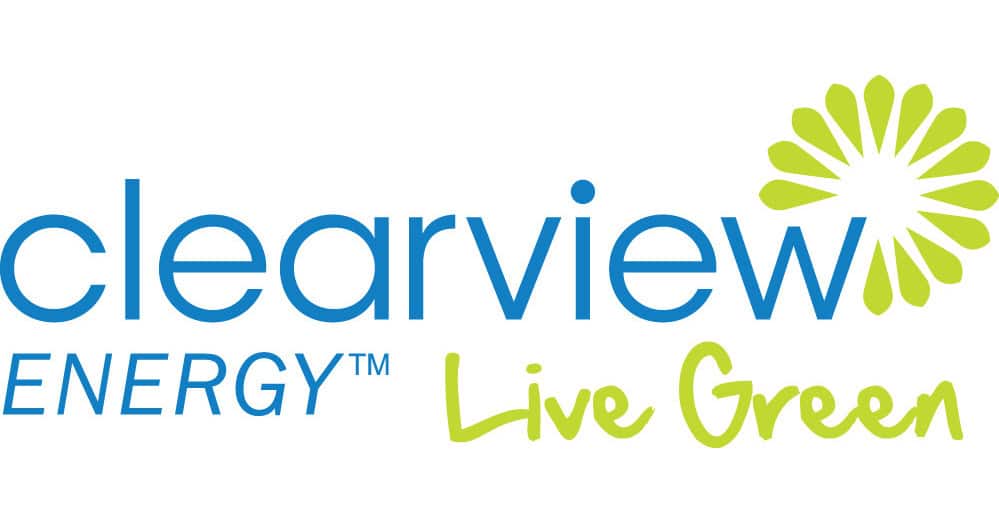
Nationwide Service
Average cost
Pros
- Many years of experience
- Makes charitable contributions
- Values transparency
- All plans use clean energy
- Low rates
Cons
- Charges contract cancellation fees
- Some reports of misleading door-to-door sales

AEP Energy

Regional Service
Average cost
Pros
- Many years of experience
- Great industry reputation
Cons
- Charges contract cancellation fees
- No satisfaction guarantee

CleanChoice Energy
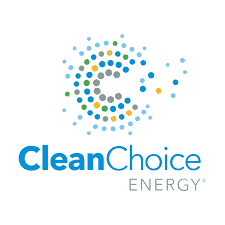
Regional Service
Average cost
Pros
- Low rates
- Low number of customer complaints
- Makes charitable contributions
- All plans use clean energy
- No early termination fees
Cons
- No prepaid or no-deposit plans
- No satisfaction guarantee
- Young company
- Low number of plans to choose from
How to Find the Best Electricity Rates in Chicago
Many homeowners simply choose the lowest per-kWh rate when shopping for an energy plan. While this is understandable, there are several other factors you should consider before making your decision. Price is important, but your energy consumption and the contract terms available can affect your monthly or annual price for electricity as well. We’ll discuss these two factors below to help you better understand the impact they can have on your experience and overall costs.
Your Energy Usage
First, you should consider how much energy your home consumes in an average month. This is important because many electricity companies serving Chicago have tiered plans, which charge homeowners different amounts for energy depending on how much they consume. With tiered plans, customers who use around the average — 721 kWh per month — often pay the least per kWh. If you use well below or above that amount, it might behoove you to choose a non-tiered plan, as that option could save you quite a bit of money.
The time of day you use most of your energy can also be a crucial factor to consider. Some companies use a time-of-use (TOU) rate structure, which has different prices per kWh based on when you need the electricity. Peak and off-peak times aren’t regulated by the ICC, so they can vary by provider. Just make sure to check your provider’s peak and off-peak usage times. If you use the largest amount of energy during off-peak times, a TOU structure might benefit you most.
Contract Length
You should also consider the length of the contract offered by your electric company. Some plans don’t have terms, while others lock you into a specific rate for between three months and three years. You could save money if local energy prices increase during your contract term, but you also are subject to early termination fees if you end your contract before the end of the term. It’s also worth noting that longer contract terms typically come with lower per-kWh rates.
In addition to the contract length, you should consider other terms set forth in the contract. Some things to look out for are sign-up fees and introductory rates that will increase a few months to a year after signing up. Optimizing all of these things for your needs can be a challenge, but you can use this tool to find the best option for you quickly.
Types of Electricity Plans in Chicago
While you’re looking for an energy plan in Chicago, you’re likely to see some unfamiliar terms. Lack of knowledge of the different types of electricity plans available will make your research process more involved, so we’ll explain them briefly below to make your decision easier.
Fixed-Rate Plans
Fixed-rate plans charge you a set rate for energy for the entirety of the contract, regardless of fluctuations in the local market prices for energy. You should note that your monthly electric bill can and will fluctuate on a fixed-rate plan. The only portion of your charges that is fixed is the per-kWh rate, so months of high usage will produce higher electric bills.
We generally recommend fixed-rate energy plans for most customers because they’re easy to predict and help you avoid spikes in your electric utility bills during times of low supply, high demand or times of crisis. It’s important to note that fixed-rate plans often turn into variable-rate energy plans automatically when the contract term is up, so you might need to choose a new fixed-rate energy plan at the end of your contract if you still want a fixed rate.
| Pros of a Fixed-Rate Energy Plan | Cons of a Fixed-Rate Energy Plan |
| Helps you budget and plan more effectively | Often require contracts and have early termination fees |
| You can avoid energy rate spikes during times of crisis and high demand | You could end up paying more than you would with a variable-rate plan |
Variable-Rate Plans
A variable-rate energy plan has a per-kWh rate that fluctuates based on local energy prices. You could pay several cents more or less per kWh one week than you do another, and these plans are also subject to price hikes that can be extreme at times. On the other hand, you might pay less with a variable-rate energy plan than you would with a fixed-rate plan if local market prices drop after signing up.
Variable-rate plans aren’t as predictable as fixed-rate plans, so you should choose yours carefully based on your tolerance for risk.
| Pros of a Variable-Rate Energy Plan | Cons of a Variable-Rate Energy Plan |
| You could save money if local energy prices dip | Prices could skyrocket if supply drops or demand increases |
| No contracts and no early termination fees | You could end up spending far more on energy than with a fixed-rate plan |
No-Deposit and Prepaid Energy Plans
Many energy companies require a deposit to initiate electricity service. The deposit acts as a hedge to offset potential losses if customers fail to pay their bills. No-deposit plans — which can also have fixed or variable rates — are often available to customers who can pass a credit check. They’re beneficial because they save you money up-front, although they don’t often affect your per-kWh rate for electricity.
A prepaid plan also comes with no sign-up fee. These plans let you deposit money into an account, which is used rather than your bank account or debit card to pay your electric bills. With prepaid plans, you could lose power if you forget to top up the account, and the cost per kWh is often slightly higher, as they don’t come with contracts or early termination fees.
| Pros of a Prepaid Energy Plan | Cons of a Prepaid Energy Plan |
| No sign-up fees | You could experience an outage if you fail to top up your account |
| You have complete control over what you pay for electricity | Often come with slightly higher per-kWh prices |
| No contracts required, and no early termination fees |
Green Energy Plans
Green energy plans are those that provide electricity sourced exclusively from renewable energy sources, like solar, wind and hydropower. This subset of energy plans also includes energy that is offset by Renewable Energy Credits (RECs). Green energy plans have a slightly higher per-kWh price, on average, but many options are just as affordable or even cheaper than those that still use coal, natural gas and other fossil fuels to produce energy. We strongly recommend green energy plans to all electric customers, as they let you take advantage of renewable energy without having to spend thousands on equipment.
Illinois has a Renewable Portfolio Standard (RPS) goal of producing at least 40 percent of all in-state energy via renewable sources by 2030 and 50 percent by 2040.2 With this goal in mind, it’s very likely that green energy plans will become more prevalent and more affordable for Chicagoans over the coming years. As the plans become more incentivized, you could save more money by switching to a renewable energy plan.
| Pros of a Green Energy Plan | Cons of a Green Energy Plan |
| More eco-friendly option than standard plans | These plans average slightly higher per kWh, although some are cheaper than average |
| Lets you support the clean energy movement without spending thousands on equipment | Comparatively few plans available currently |
Business Energy Plans
The final type of energy plan is a business energy plan, which is designed to accommodate business and institutional customers that have higher energy needs than residential customers. These plans are typically used for office buildings, retail businesses, churches, schools, government agencies and more. You’ll have fewer options if you need a business energy plan, so it might take you longer to find a plan that suits your needs.
Electricity Companies and Providers in Chicago
Thanks to the Illinois energy market being deregulated in 1997, Chicago customers now pay less for electricity and have their choice of energy providers. While this is great news, it also means that it will likely take you some time and effort to find an energy supplier that matches your needs and budget. If you’re struggling to find a company that suits you, we recommend starting your search with our top-rated energy suppliers serving Chicago below.
AEP Energy
- Fixed-rate plans offered
- Many years of experience
- Affordable
- Clean energy plans available
- Generally positive customer reviews
CleanChoice Energy
- No early termination fees
- Positive customer reviews online
- Renewable energy plans offered
- Fixed-rate plans available
- A+ rating with the BBB
Clearview Energy
- Mostly positive customer reviews
- Fixed-rate plans offered
- Several green energy plans available
- Different terms with varying affordability
Green Mountain Energy
- Renewable energy plans available
- Fixed-rate options
- Positive customer reviews
- A+ rating with the BBB
What to Look For When Choosing an Electricity Provider in Chicago
If you’re unsure which of the companies above is right for you and you want to continue with your own research into different providers in Chicago, we recommend you first consider the factors below. These are among the most crucial things to consider, and they can all have an impact on your electricity costs and experience with your provider.
- Plan Type: The type of plan you choose will dictate what you pay for energy and whether or not your per-kWh rate changes. Some of the most popular options are fixed-rate plans and variable-rate energy plans.
- Energy Source: As a website focused on being environmentally friendly, we recommend choosing a green energy plan rather than one that sources electricity from fossil fuels.
- Per-kWh Rates: The price you pay for energy will always be an important factor. You should check your rate per kWh before committing to a plan and make sure that you consider changes to the rate — with a variable-rate plan or an introductory rate.
- Contract Terms: In addition to the rate, you should carefully consider the contract terms, including the length, sign-up fees, early termination fees and changes to your per-kWh rate after your introductory rate expires.
- Customer Satisfaction: As is the case with any industry, it’s a good idea to check positive and negative reviews of an energy company before committing. These will give you a snapshot of the kind of service you can expect.
- Company Longevity: Finally, you should look at how long the company you’re considering has been in business. Those with more experience are less likely to run into unexpected problems and are more likely to provide a positive customer service experience.
FAQ: Chicago Electricity Plans
We get lots of questions from Chicago customers about how to choose the best energy plan for their purposes. Below, we’ll answer some of the questions we see most frequently.
As of this writing, NRG has the cheapest 100% renewable energy plan in Chicago. The company’s three-month fixed-rate plan provides electricity for just 10.5 cents per kWh, which is significantly lower than the average cost of 14.73 cents in the city.
There is no single energy provider that will be best for every customer. Energy needs and company expectations vary among Chicago residents, so what is ideal for one might not be suitable for another. With that being said, AEP Energy is our top-rated supplier in Chicago. This company has affordable rates, fixed-rate plans, positive customer reviews and offers renewable energy plans with favorable terms.
The average electric bill in Chicago is $94.60. This number assumes the average monthly energy consumption of 721 kWh and the average price for electricity in the area of 14.73 cents per kWh.3
One of the easiest ways to lower your energy bills in Chicago, thanks to energy deregulation, is to choose an electric supplier with a lower cost per kWh. You can instantly lower your bill by finding a different provider with more affordable energy rates. To find the best provider for your energy needs and budget, you can use this tool.
Another great way to lower your electric bills is to make your home more energy-efficient. You can do this by replacing insulation, upgrading windows and doors to high-efficiency options, upgrading to Energy Star appliances and installing a smart thermostat. You can check out our additional tips for making your home more energy-efficient for more information.
There is no one energy plan that will be best for all Chicago residents. Every customer uses a different amount of energy at different times of day and has different budgets and expectations. You should consider many factors when deciding, like your monthly consumption, the contract term, the presence of sign-up fees and early termination fees and more. We recommend starting with our top-rated energy companies in Chicago, which include AEP Energy, CleanChoice Energy, Clearview Energy and Green Mountain Energy.

 233k
233k  41k
41k  Subscribe
Subscribe 
